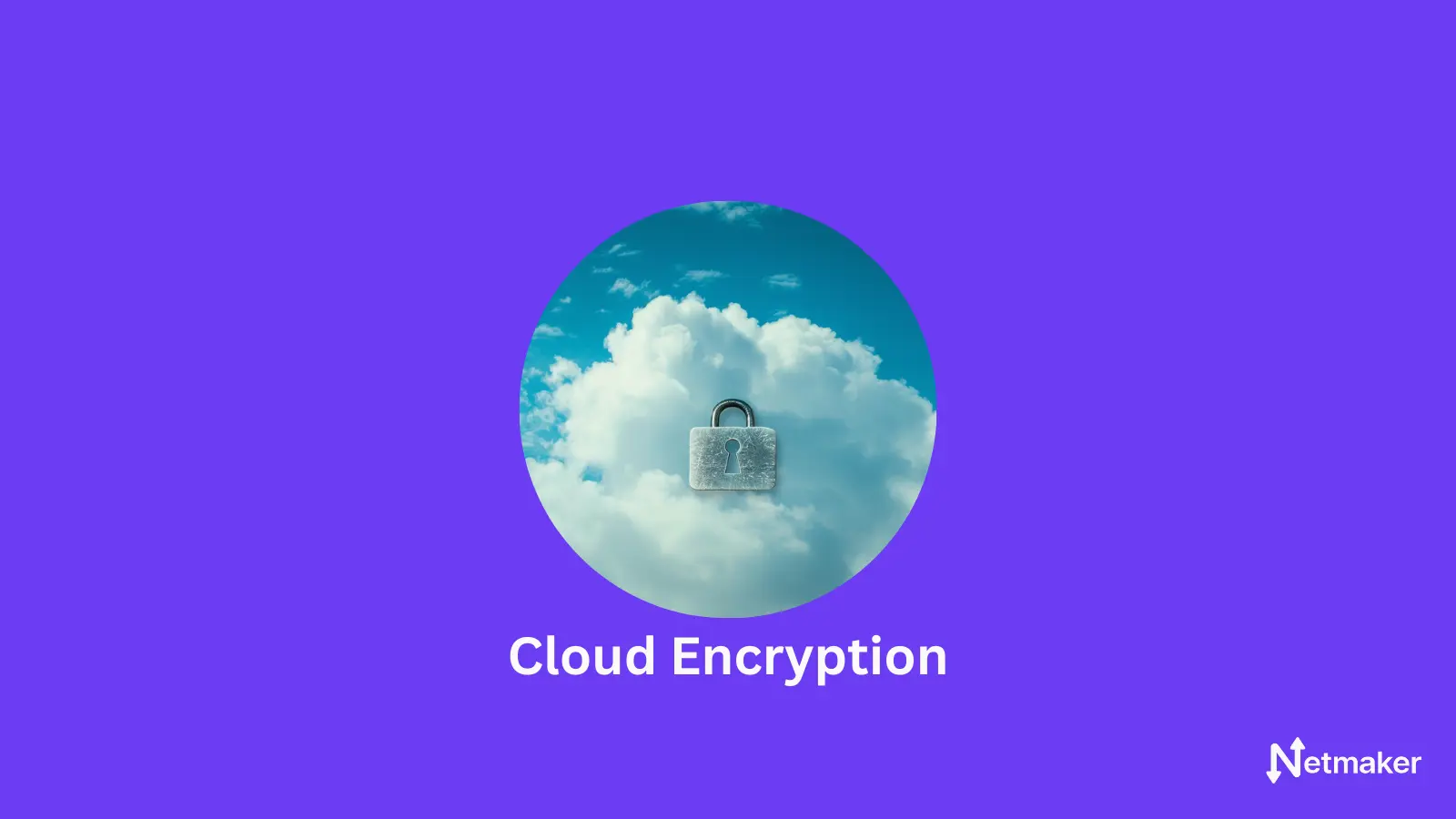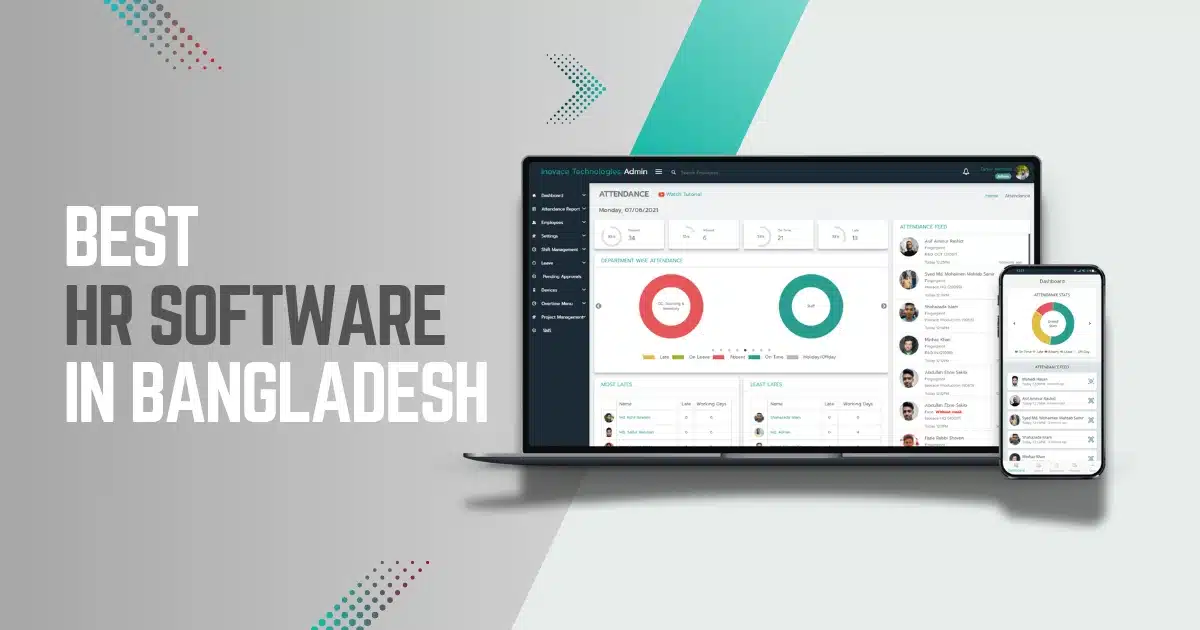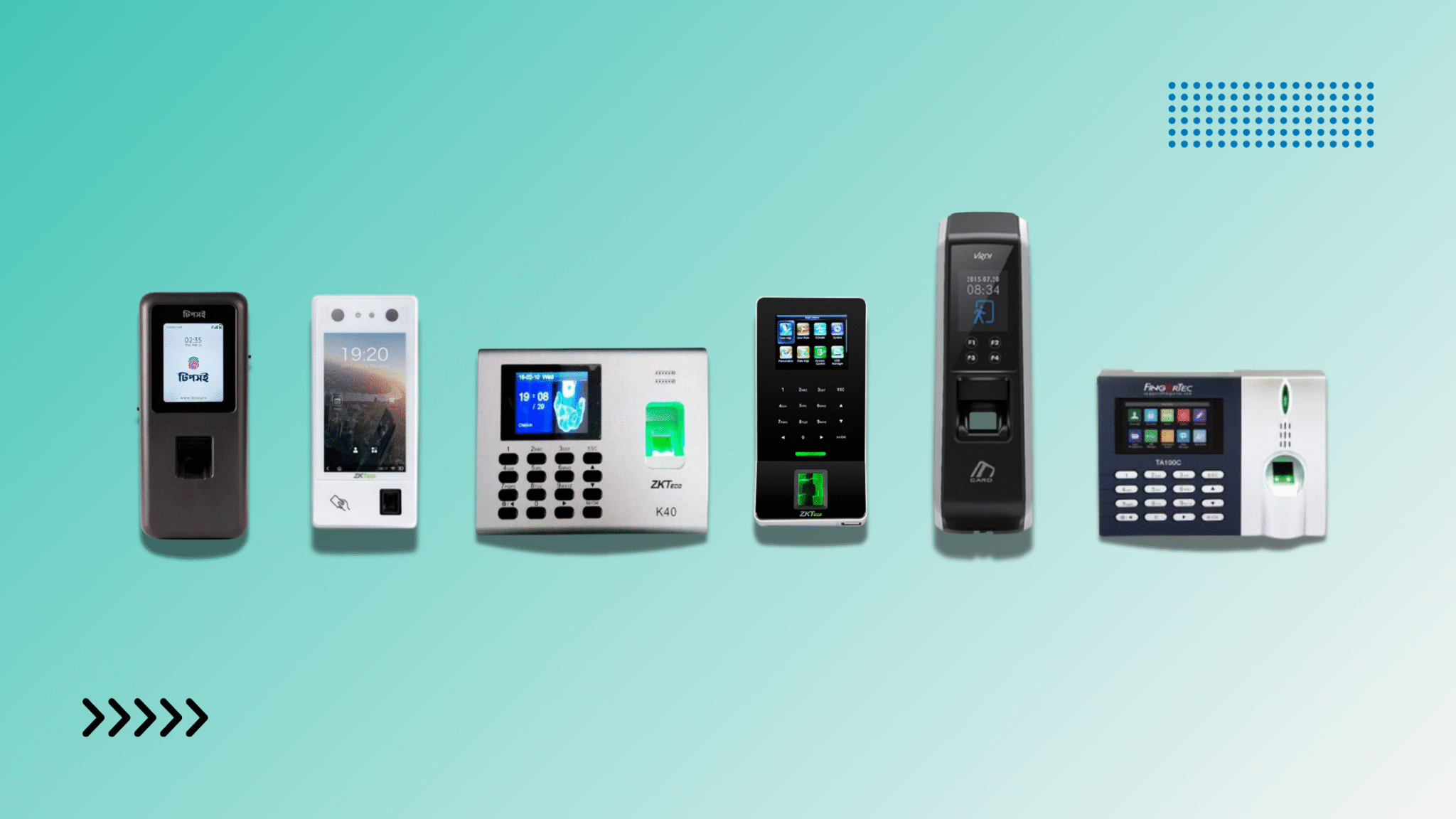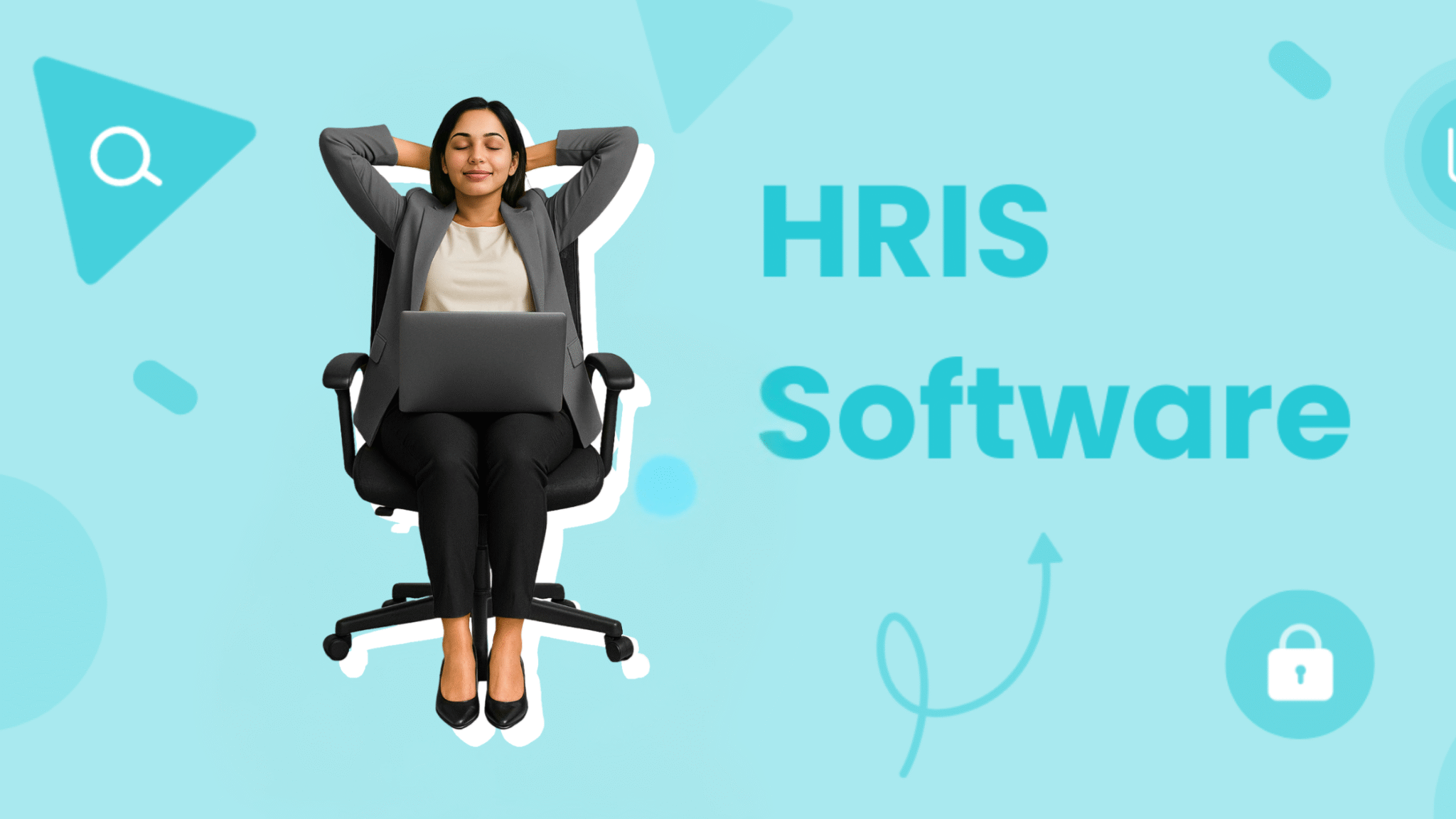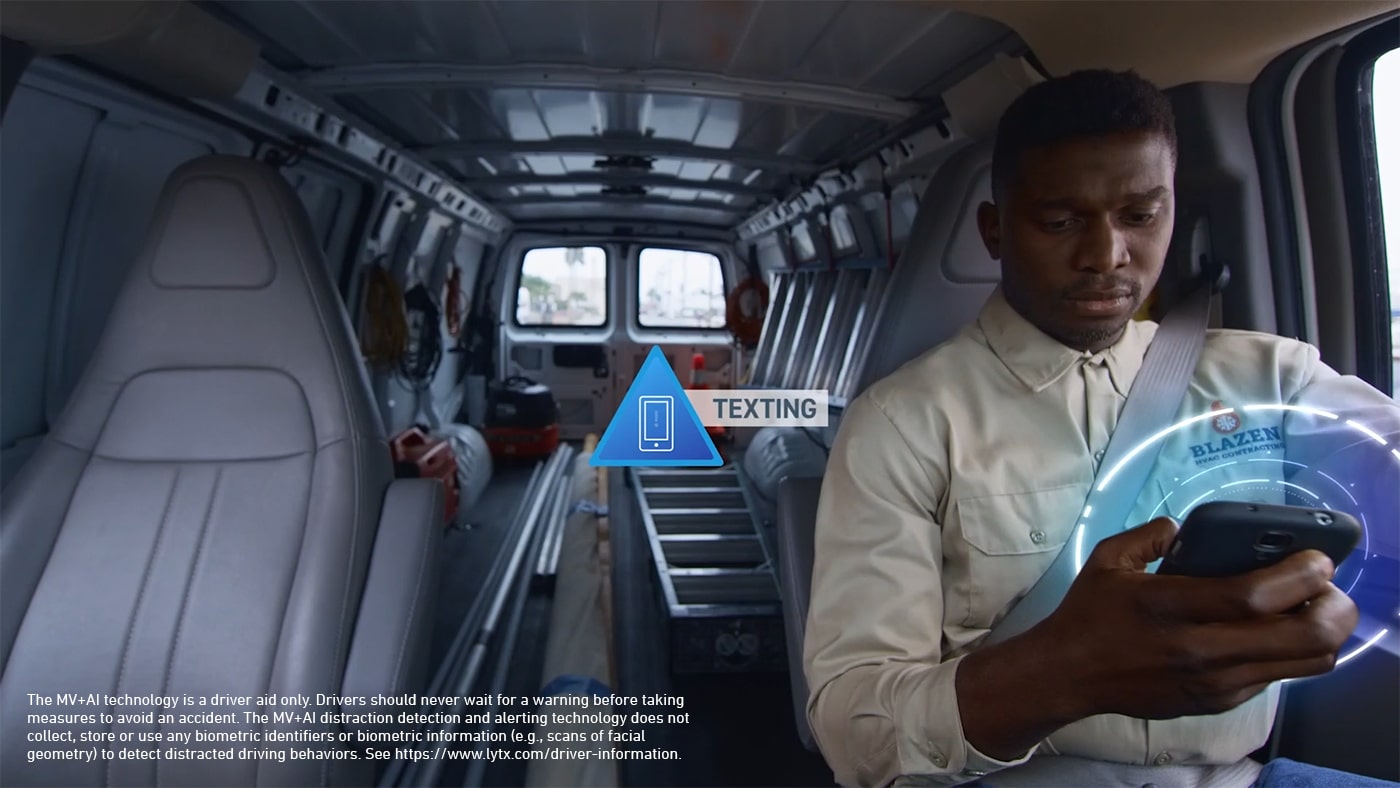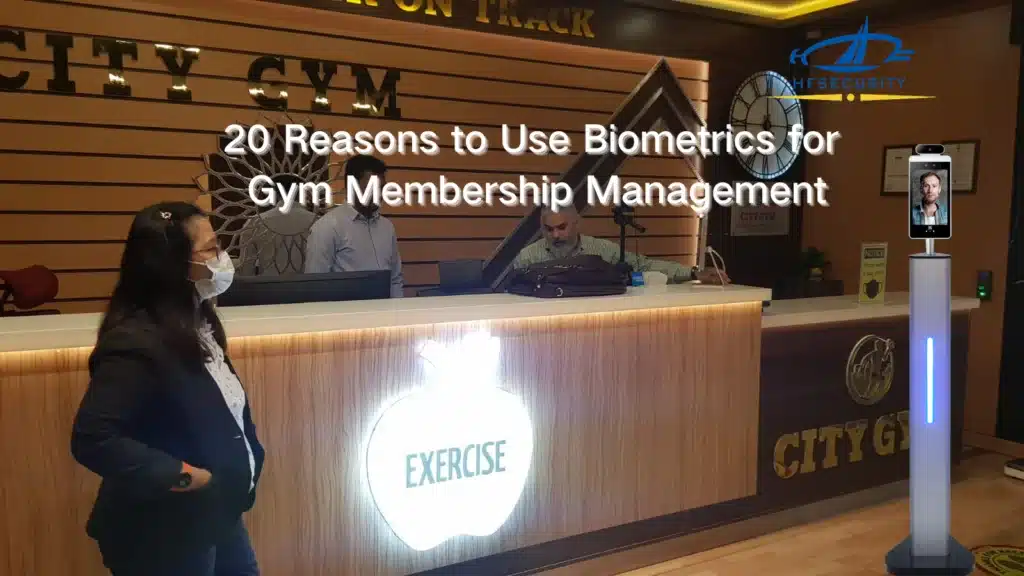HR cloud systems are important for companies. They store sensitive employee data. This data includes names, addresses, and even social security numbers. Protecting this data is crucial. One way to do this is through military-grade encryption. Let’s dive into what this means and what is required.

Credit: www.xpresstechnologies.com
Understanding Military-Grade Encryption
Encryption is like a secret code. It changes readable data into unreadable data. Only someone with the correct key can read it. Military-grade encryption is very strong. It is used by the military and government. It is also used by companies to protect data.
Why Use Military-grade Encryption?
There are many types of encryption. Military-grade encryption is the strongest. It is hard to break. This means your data is very safe. Hackers will find it difficult to access your information. This is especially important for HR clouds. They hold personal data about employees.
Key Requirements for Military-Grade Encryption
There are several key requirements for military-grade encryption. These ensure your data is secure. Let’s look at each one in detail.
Strong Algorithms
Algorithms are like recipes. They tell the computer how to encrypt the data. Strong algorithms are hard to break. Common algorithms include AES (Advanced Encryption Standard) and RSA (Rivest-Shamir-Adleman). These are used by the military. They are also recommended for HR clouds.
256-bit Encryption
Bits are units of data. More bits mean stronger encryption. 256-bit encryption is very strong. It is used in military-grade encryption. It is also recommended for HR clouds. This level of encryption is very secure. It is hard for hackers to break.
Secure Key Management
Keys are used to encrypt and decrypt data. Managing these keys is important. If a key is lost, the data is lost. If a key is stolen, the data can be read. Secure key management ensures keys are safe. This is a key part of military-grade encryption.
Regular Updates
Technology changes quickly. New threats appear all the time. Regular updates ensure your encryption stays strong. This includes updating algorithms and keys. It also includes regular security checks. This helps keep your data safe.
Access Controls
Not everyone should access encrypted data. Access controls manage who can see and use the data. This includes strong passwords and multi-factor authentication. It also includes monitoring who accesses the data. This helps keep your data secure.
Implementing Military-Grade Encryption in HR Clouds
Implementing military-grade encryption can seem difficult. But it is important for data security. Here are some steps to help you implement it in your HR cloud system.
Choose The Right Provider
Not all cloud providers offer military-grade encryption. Choose a provider that does. Look for providers that use strong algorithms and 256-bit encryption. Also, check if they offer secure key management and regular updates. This ensures your data is secure.
Set Up Strong Access Controls
Access controls are key to data security. Set up strong passwords. Use multi-factor authentication. Monitor who accesses the data. This helps ensure only authorized people can see the data.
Regularly Update Your System
Regular updates keep your system secure. Update algorithms and keys regularly. Also, perform regular security checks. This helps keep your data safe from new threats.
Train Your Employees
Employees play a key role in data security. Train them on the importance of encryption. Teach them how to use strong passwords. Also, teach them to recognize phishing attempts. This helps keep your data secure.
Credit: tresorit.com
The Benefits of Military-Grade Encryption
Using military-grade encryption has many benefits. These include:
- Strong Data Protection: Your data is very secure. Hackers find it hard to access.
- Compliance: Many laws require strong encryption. Military-grade encryption helps you comply.
- Peace of Mind: You know your data is safe. This reduces stress and worry.
Challenges of Military-Grade Encryption
While military-grade encryption is strong, it has challenges. These include:
- Complexity: It can be hard to set up and manage.
- Cost: It can be expensive. But the cost of a data breach can be higher.
- Performance: Strong encryption can slow down your system. But modern systems can handle this.
Frequently Asked Questions
What Is Military-grade Encryption?
Military-grade encryption is a highly secure method of protecting data. It uses advanced algorithms.
Why Is Encryption Important For Hr Clouds?
Encryption safeguards sensitive HR data. It prevents unauthorized access and data breaches.
How Does Military-grade Encryption Work?
It uses complex algorithms and keys. This ensures data is unreadable to unauthorized users.
What Are The Benefits Of Military-grade Encryption?
It provides high security. It protects data from cyber threats.
Conclusion
Military-grade encryption is important for HR clouds. It ensures your data is secure. It uses strong algorithms and 256-bit encryption. It also includes secure key management and regular updates. While it can be complex and costly, the benefits are clear. Your data is very secure. This gives you peace of mind. Implementing military-grade encryption is key to data security.
In summary, protect your data. Use military-grade encryption in your HR cloud system. Choose the right provider. Set up strong access controls. Update your system regularly. Train your employees. This will keep your data safe and secure.

